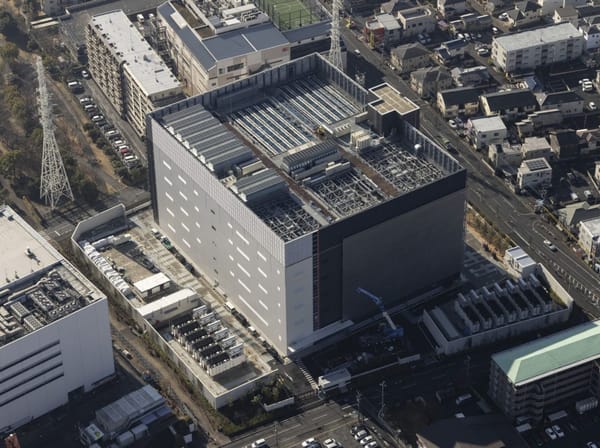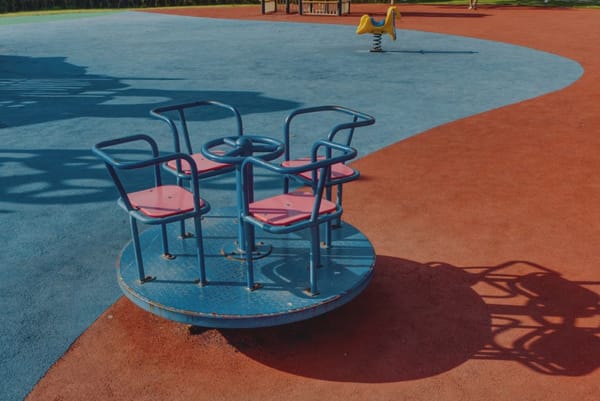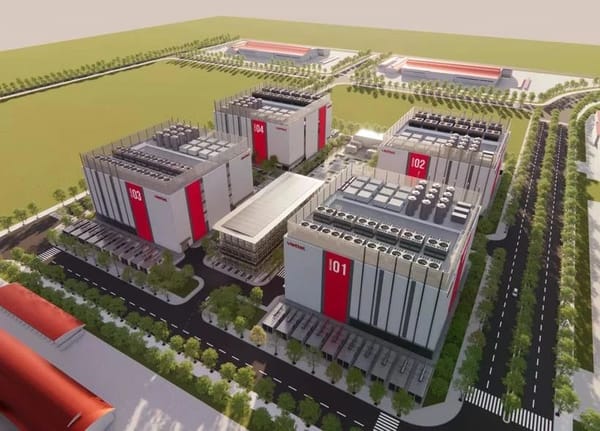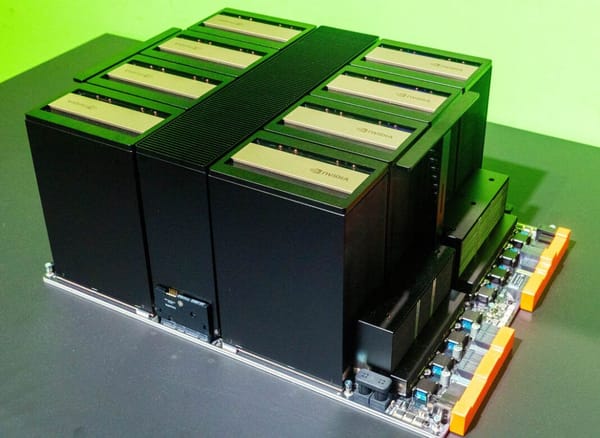Malaysia to spend US$1.1 billion to increase Johor's treated water capacity
It's mainly to support more data centres.
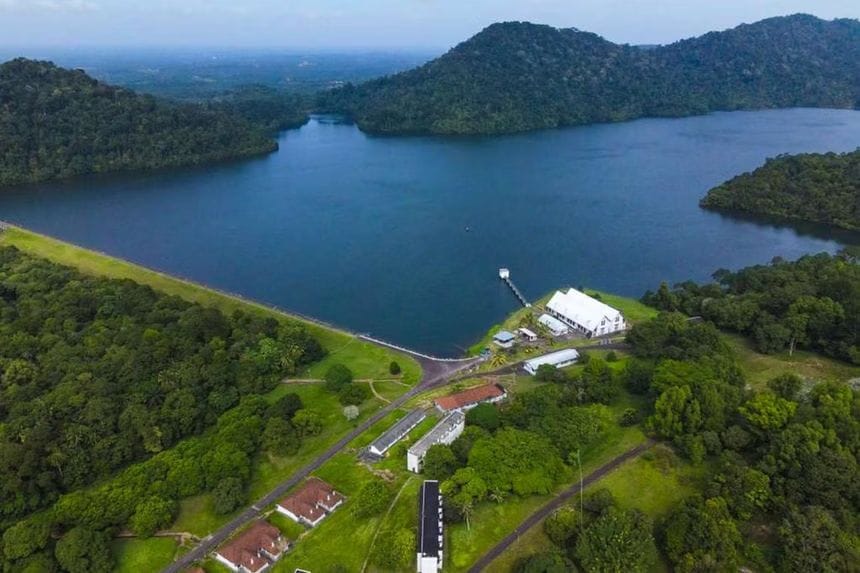
Malaysia will spend over RM5 billion (US$1.12B) to increase Johor's treated water capacity by 41%. And it's mainly to support more data centres.
Johor is massively ramping up its production of treated water, as it seeks to develop 3 reservoirs and 3 water treatment plants within 5 years.
According to a Straits Times report, this is to:
- Cut dependency on S'pore for treated water.
- "Mainly" for the growth of industries in the JS-SEZ.
- "As well as" to support the rise in data centres.
Rapid data centre growth
Johor has rocketed into place as Southeast Asia's fastest-growing data centre market, capitalising on Singapore's moratorium of 2019.
From just 10MW at the start of 2021, its data centre capacity has surged to over 1,500MW - counting those in the early stages of planning.
As I wrote last year, everyone that I talked to is either already building a data centre campus in Johor or say they have a pending announcement to make.
The data centres drank it!
However, there were signs that the rapid growth of data centres has placed a severe strain on resources, including the supply of treated water.
Starting from last year, there were calls for data centre operators to address water consumption by banding together to "clean up" rivers and process it for use.
The issue? Johor has abundant sources of water. But data centres require treated, high-quality water to minimise mineral build-up or fouling of pipes.
New rules coming
Last month, things came to a head when the National Water Services Commission (Span), announced that new rules for data centre water use will come by the first half of 2025.
The tight timeline is attributed to the sharp increase in water demand from AI data centres.
Details are still being worked out, though one thing for certain: Instead of using 100% treated water, data centres will henceforth need to leverage a mix of alternative sources of water.
- Rainwater.
- Recycled water.
- Reclaimed water.
- Distilled seawater.
The goal? To achieve zero reliance on drinking water in 3 years.
What next?
It's worth noting that the new reservoirs and water treatment plants - massive construction projects - will take up to 5 years to complete, even assuming zero delays.
This means that any water shortages will persist in the interim.
Will this put a hard stop on more data centres? I have no idea. What do you think?

